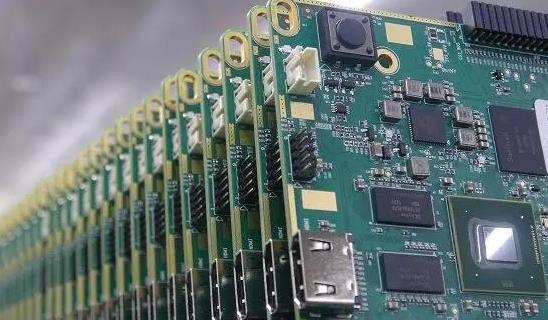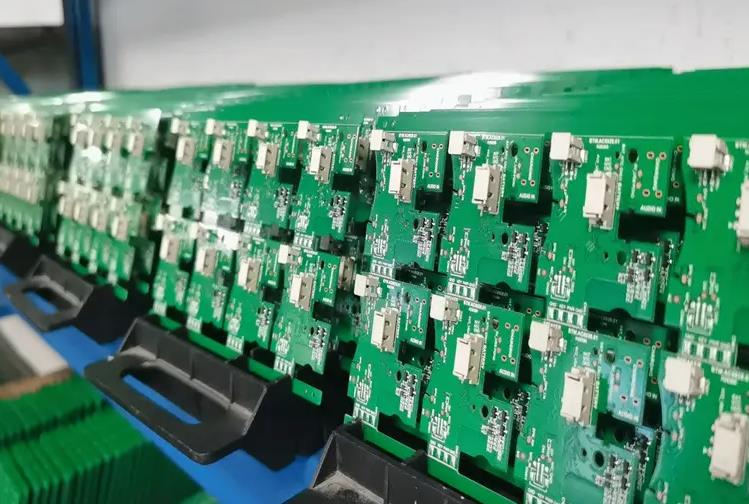What should be noted when signing a PCB assembly and manufacturing contract?
When signing a PCB assembly and manufacturing contract, the following key points should be noted:
Clear Specification: Ensure the contract specifies the PCB's model/specification, quantity, technical requirements, delivery schedule, and quality standards.
Technical Documents: Agree on the provision of necessary technical documents and samples by the buyer to the manufacturer.
Confidentiality: Include clauses regarding the confidentiality of technical documents and samples provided by the buyer.
Pricing and Payment Terms: Clearly define the total cost, payment schedule (including prepayment and final payment), and the pricing terms (e.g., FOB, CIF).
Delivery and Inspection: Set out the delivery schedule, shipment terms, and inspection process upon receipt of the PCBs. Include a timeline for notifying the manufacturer of any quality issues.
Warranty and Liability: Define the warranty period, responsibility for defects, and liability for any delays or quality issues.
Dispute Resolution: Include a clause outlining the process for resolving any disputes that may arise during the contract's execution.
Termination Clauses: Provide for the conditions and procedures for terminating the contract in case of breach or other agreed-upon events.
Compliance with Standards: Ensure the contract stipulates compliance with relevant national or international standards for PCB manufacturing.
By addressing these points in the contract, both parties can have a clear understanding of their respective rights and obligations, reducing the risk of misunderstandings or disputes during the PCB assembly and manufacturing process.
Tags: PCB_assembly /contract /
Prev: How to find a reliable PCB assembly manufacturer?
Next: What is the difference between SMT and THT?









